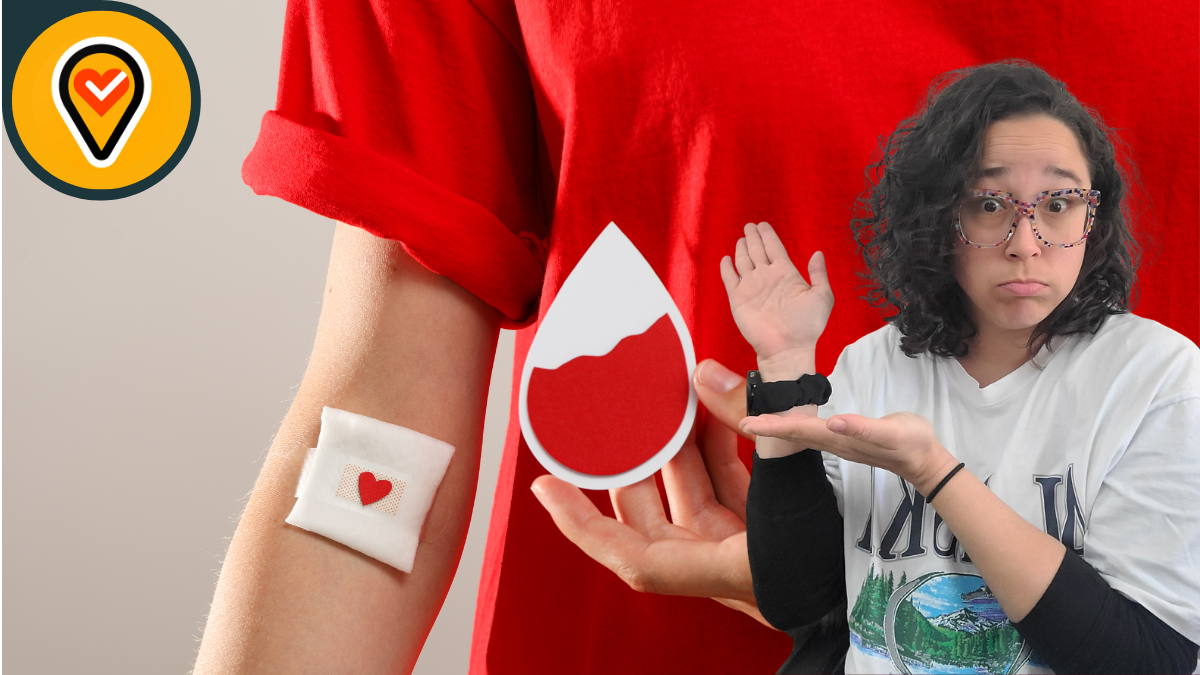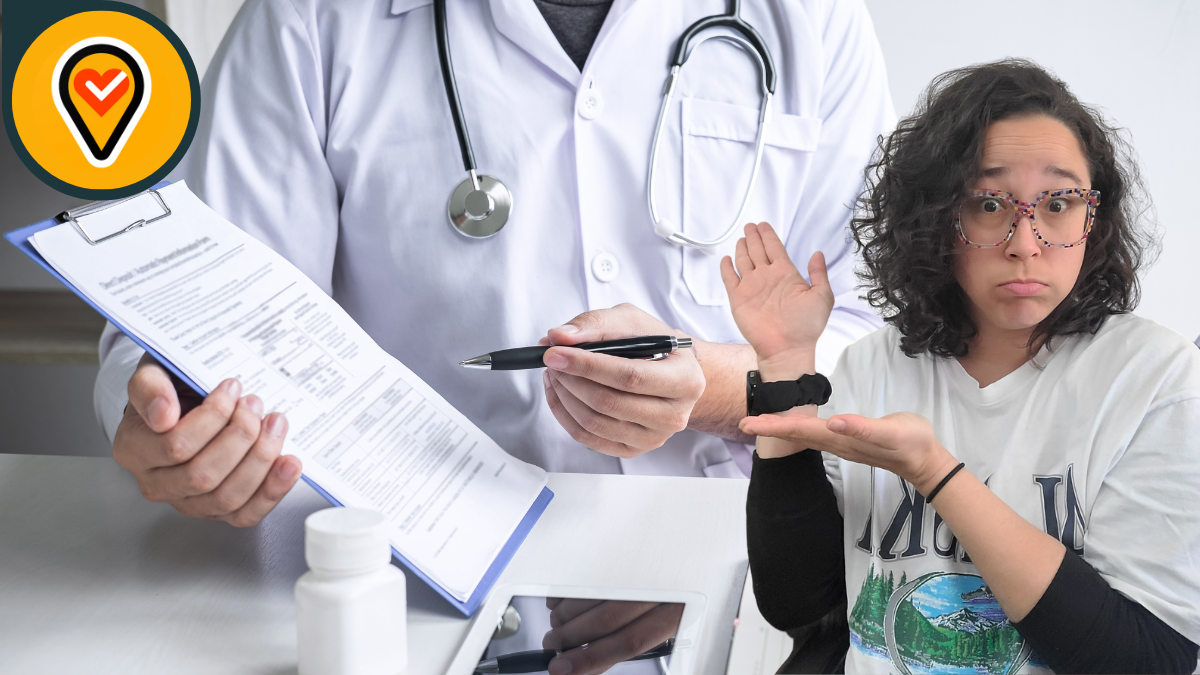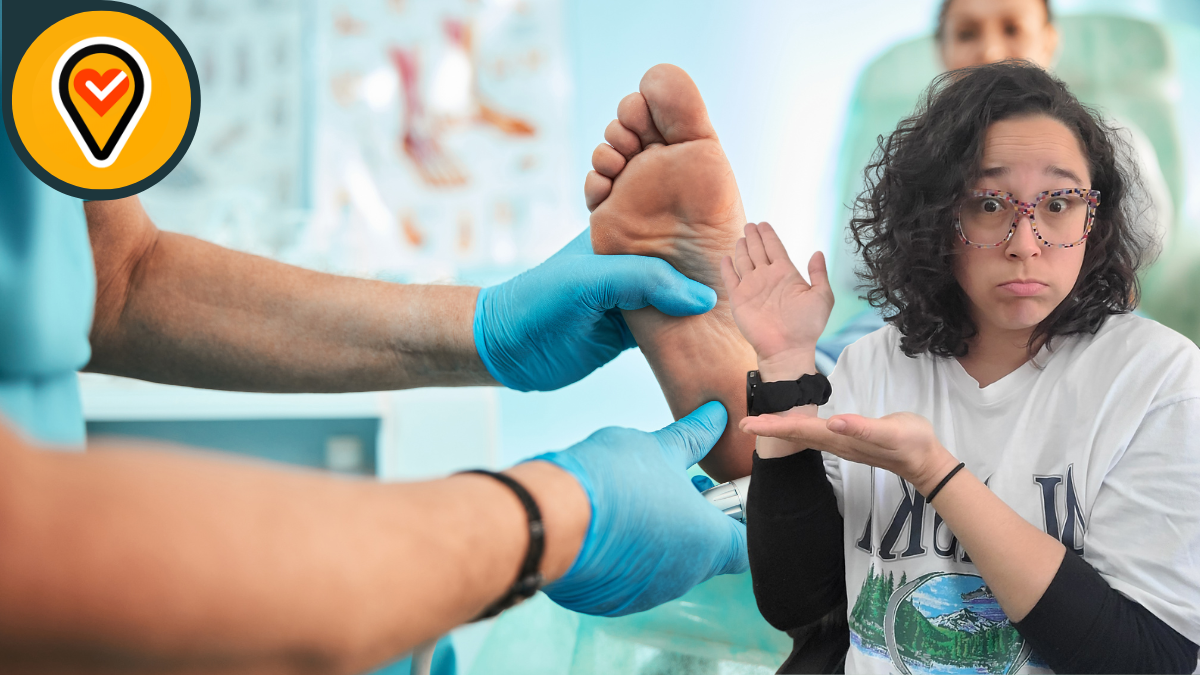
Educator Virtual Welcome Packet
Estimated reading time: 13 minutes
The Educator Virtual Welcome Packet focuses heavily on E2/E1 visa needs. However, the information included in the Virtual Welcome Packet may also remain relevant to educators on other visas as well.
Table of contents
- How To Use the Virtual Welcome Packet
- Establishing Residency In Korea
- Labor Law Resources
- Labor Law Hotline: 1350 ext. 4
- Immigration Legal Support Hotline: 1345
- Health and Wellness in South Korea
- NHIS Hotline: Main Number 1577-1000
- Home and Living Information
- EFL/ESL Teaching Resources
- Resources for the Classroom
- Introduction to Terminology
- Teaching Approach of the National Curriculum
- EFL Co-Teacher Experience
How To Use the Virtual Welcome Packet
First, read the Intro to the Educator Virtual Welcome Packet link below. The article may assist you in understanding how volunteers compile the information for the Virtual Welcome Packet. This somewhat dry and boring introduction actually contains very useful information for getting the most out of the South of Seoul Blogs.
Second, move to the header that interests you. Below each header are boxes of content organized by tabs. Click on each tab to discover articles for that sub-topic.
Defining the Educator Lens
The following blog post offers insight into the ‘Educator’ experience and how South of Seoul volunteers define the ‘Educator Lens’ in South Korea. Different bloggers, influencers, and community organizations may define the ‘Educator Lens’ in different ways depending on their experiences in South Korea. Such content creators may refer only to Korean public school EFL foreign teachers or others may be speaking about university professors.
Navigating Tabbed Content Boxes
The ‘Educators Virtual Welcome Packet’ organizes information into tabbed content. Here is important information about how to use the tabbed content boxes:
- Tabbed content boxes flow from left to right.
- When viewing the tabbed content on a phone or mobile device, you may not be able to see all the tabbed content on the screen at one time.
- To view the tabbed content, tap on the tabs to move through them. The tab currently showing will be highlighted in orange.
- Tabbed content boxes may contain links to blogs, videos, or pdf items, depending on the topic being addressed.
Establishing Residency In Korea
Once you arrive in South Korea as an educator with an E2 or E1 visa, you will need to accomplish a few basic tasks in order to establish residency in Korea. The process for E2 or E1 visa holders to establish residency in South Korea may take between 4-6 weeks to complete, depending on the speed at which each step occurs.
The following organized tabs layout each step of the process for establishing residency in South Korea. The first step of the process is on the left and then progresses to the right.
As you start your life in South Korea it’s important to understand the new social system and how it has become digitally connected over time. A new country means learning about new social systems and structures. Such differences may feel uncomfortable and unnecessary when they don’t match your experiences from home.
The more you know about the Korean systems the less frustrating it may be as you learn to exist in them.
Would you like to better understand how becoming a South Korean resident allows you to integrate into South Korean governmental, social, and financial systems? In this blog post, South of Seoul volunteers attempt to break down the interlinked systems that create the foundation for a smooth and easy life as an international resident of South…
Your health check is your first step toward establishing Korean residency once you arrive in South Korea. Let’s take a deep dive into what getting your health check may look like.
Wondering how to Get Your E2 medical exam? This post takes you into all you need to know, including what problems may arise.
Going to immigration to apply for your FRC (ARC) is your second step toward establishing Korean residency once you arrive in South Korea. Let’s take a deep dive into what getting your FRC may look like.
Time to renew your E2 Visa for your ESL/EFL teaching job in South Korea. Let’s go! Many posts on the topic of Korean E2 visa renewal online leave out some critical details. We will add to the information to remove some of the fear and stress. Specifically, this post will look at how to apply…
Getting a bank account may be your third or fourth step toward establishing Korean residency once you arrive in South Korea. Some new educators may get a phone before getting a bank account and others may get a bank account before getting a phone. Let’s take a deep dive into what getting a bank account. We have linked to 90DayKorean which offers many excellent articles and resources for educators.

Getting a smartphone may be your third or fourth step toward establishing Korean residency once you arrive in South Korea. Some new educators may get a phone before getting a bank account and others may get a bank account before getting a phone. Let’s take a deep dive into what getting a smartphone might be like.
Are you getting a smartphone in South Korea? We have some information, tips, tricks, and things to watch out for.
Upon arriving in South Korea you may need to register your foreign COVID-19 vaccine. The process and timing or registering a foreign vaccine may change. However, the following information may be useful to some incoming residents.
Many of our multinational community members living in South Korea have been wondering about how to register their overseas COVID vaccines in Korea. This blog provides some information on how to register an overseas vaccination in Korea and who is eligible to.
Continue Reading How to Register your Overseas COVID Vaccination in South Korea
Did you decide to stay in Korea for another year? Here is what you need to know for renewing your E2 visa.
Time to renew your E2 Visa for your ESL/EFL teaching job in South Korea. Let’s go! Many posts on the topic of Korean E2 visa renewal online leave out some critical details. We will add to the information to remove some of the fear and stress. Specifically, this post will look at how to apply…
Labor Law Resources
Educators often move to South Korea as migrant workers, while others may decide to immigrate. While living and working in a foreign country without permanent residency or citizenship, you remain vulnerable. Therefore, the South Korean federal government and local governments continue to improve resources to support migrant workers and immigrants to advocate for their income and safety while living in South Korea.
Korea Legislation Research Institute provides all of the Korean Labor Laws translated into English. Reading the labor laws in English may help you ask informed questions.

Labor Law Hotline: 1350 ext. 4
The Ministry of Employment and Labor offers a free labor law consultation hotline. You can call with questions and concerns about your rights at work. They also have an English language website which may provide you with information you find useful.

Immigration Legal Support Hotline: 1345
The Ministry of Justice provides the “Village Lawyers for Foreigners Program,” which offers free legal support to all foreign workers in South Korea.

Health and Wellness in South Korea
While working on each step to establish residency, you may find it helpful to become more familiar with the Korean health care system. Knowledge about Korea’s health care system and how it may differ from your own may allow you to better advocate for yourself.
Many educators in South Korea may have the National Health Insurance Service (NHIS) managed by h-Well. However, some hagwon educators may have private health insurance. The following information relates to NHIS information. Private health insurance information will be provided by the employer.
NHIS Hotline: Main Number 1577-1000
The National Health Insurance System provides English language support for questions related to your health care in South Korea.
NHIS provides services for the language vulnerable class (such as foreigners and the hearing impaired) by giving counseling in English, Chinese, Vietnamese, and sign language.
Understanding the Korean health care system can empower you to find the health care that meets your needs.
Have you ever needed to overcome a language barrier while accessing healthcare in Korea? Many of us have, even those who speak Korean somewhat fluently. Language barriers can be challenging but not impossible to navigate. This blog post offers some tips on how to overcome such language barriers that may help.
Continue Reading Overcoming Language Barriers in Korean Healthcare: A Practical Guide
Unfortunately, we learned about blood types that may face difficulties in finding donations in Korea the tragic way. Therefore, researching this information so that international residents interested in moving to Korea understand 1) the potential risks for certain blood types and 2) the importance of donating blood. Let’s talk about this very serious life-and-death issue.…
Continue Reading Blood Types That May Face Issues in Finding Donations in Korea
Struggling to find the right doctor, clinic, or hospital for your medical needs? Understanding the role of specialists in Korean health care may help you get closer to your goal. Keep reading to learn what specialties may exist in the Korean medical system. What is a Medical Specialist (의학 전문의, Medical Doctor Specialist)? When navigating…
Continue Reading Types of Korean Medical Specialties and Subspecialties
Certain medical specialties that exist in Western countries may not have a direct counterpart in Korean medicine. In these cases, patients visit other specialists based on the nature of their condition. The care still exists, but it’s packaged different. Understanding how medical specialties may vary may help International residents better understand and manage their care…
Continue Reading Western Medical Specialties That Don’t Exist in Korean Medicine
Have you struggled to find a Podiatrist in Korea? That’s because it’s not a medical specialty in the Korean medical system. Our groups often get requests for a local podiatrist recommendation and it’s hard to explain how to find care when the specialty doesn’t exist. Therefore, we put this somewhat detailed post together so international…
Have you struggled with the English information about Korean Health Insurance? This could be because those writing about Korean health insurance in English don’t pay attention to the details due to language ability and lack of knowledge about the Korean healthcare system. In this post, we introduce information to help you manage inaccuracies in English…
Continue Reading Beware of Inaccuracies in English Information about Korean NHIS
Have you ever needed to overcome a language barrier while accessing healthcare in Korea? Many of us have, even those who speak Korean somewhat fluently. Language barriers can be challenging but not impossible to navigate. This blog post offers some tips on how to overcome such language barriers that may help.
Continue Reading Overcoming Language Barriers in Korean Healthcare: A Practical Guide
Interested in accessing traditional medicine in South Korea? I’ve been visiting such clinics for the last 14 years and recently started using AI to better understand the teas I experience. So here is how I use AI to navigate Korean Traditional Medicine teas. Disclaimers & Foundational Information Nothing in this post exists as medical advice.…
Continue Reading How I Use AI to Navigate Korean Traditional Medicine Teas
Unfortunately, we learned about blood types that may face difficulties in finding donations in Korea the tragic way. Therefore, researching this information so that international residents interested in moving to Korea understand 1) the potential risks for certain blood types and 2) the importance of donating blood. Let’s talk about this very serious life-and-death issue.…
Continue Reading Blood Types That May Face Issues in Finding Donations in Korea
Struggling to find the right doctor, clinic, or hospital for your medical needs? Understanding the role of specialists in Korean health care may help you get closer to your goal. Keep reading to learn what specialties may exist in the Korean medical system. What is a Medical Specialist (의학 전문의, Medical Doctor Specialist)? When navigating…
Continue Reading Types of Korean Medical Specialties and Subspecialties
Certain medical specialties that exist in Western countries may not have a direct counterpart in Korean medicine. In these cases, patients visit other specialists based on the nature of their condition. The care still exists, but it’s packaged different. Understanding how medical specialties may vary may help International residents better understand and manage their care…
Continue Reading Western Medical Specialties That Don’t Exist in Korean Medicine
Have you struggled to find a Podiatrist in Korea? That’s because it’s not a medical specialty in the Korean medical system. Our groups often get requests for a local podiatrist recommendation and it’s hard to explain how to find care when the specialty doesn’t exist. Therefore, we put this somewhat detailed post together so international…
Home and Living Information
Although your employer may provide you with your apartment, there are a few details that you may need to take care of on your own. Each employer may have different systems for helping educators pay for bills when they first arrive. However, after getting settled, some educators may find it more comfortable to manage their own living needs.
South of Seoul provides information to empower educators to take control of their own personal affairs if they so desire.
Housing varies based on the employer and location of the job. The following article provides insight into what a provided apartment may look like and what it may contain. However, please remember that Korea is not all the same and there is no one standard for any experience.
HOUSING FOR TEACHERS IN SOUTH KOREA: MY KOREAN APARTMENT by Torn Tackies

Some employers may manage your utilities for you while others may have you manage them yourself. You will want to clarify who pays the utilities. It’s often easiest and less stressful to pay them yourself.
Managing Your Utility Expenses While Teaching in Korea by Aclipse

Recycling across South Korea follows the same general principles with some adjustments by region. Always find your local rules directly related to your administrative district. The following blog provides a general overview of the situation.
Garbage Guide in Korea by Hanyang University

Air quality in South Korea varies from perfect to apocalyptic. The following article may help you plan for caring for your lungs in your apartment and outside.
10 Ways to Protect Yourself from Pollution | Yellow Dust in Korea by 10 Mag
Due to the humidity, mold often occurs in apartments that have not been ventilated correctly or do not get enough light. Understanding how to keep mold may make apartment life a lot easier in South Korea.
EFL/ESL Teaching Resources
Korean National Curriculum Information
Korea has an overarching National Curriculum, which creates the foundation for the textbooks, methods, and classroom practices of educators across Korea. This includes the English language education, which employs many international educators to help support the Communicative Language Teaching-based policies.
Benefits of Researching the Korean National Curriculum
Taking the time to become familiar with the National Curriculum policies, methodologies, and expectations for educators may create an easier transition into the classroom. Therefore, reading the following documents may help incoming and existing EFL/ESL educators. Such information may help new educators understand hidden expectations or implied expectations regarding their role in the co-taught classroom. Understanding such hidden expectations in advance may help new educators feel more confident over time.
Additionally, although the following information relates to the Korean public school system, the following information also may inform the Hagwon curriculum. Hagwon curriculum developers base their books on the Korean National Curriculum in order to help students improve their test scores. In some cases, the private companies that develop books for the National Curriculum also use the same frameworks to sell books to academies.
In short, reading the following information may positively impact English language educators working in South Korea.
Understanding the National Curriculum of Korea provides a foundational start for any educator teaching English in South Korea. Information regarding the history National Curriculum of Korea exists online and in English. The following information covers ALL of the curriculum policies in Korea and not only English.

The following document is in Korean, however, it remains very important to English language educators as it includes the vocabulary lists for each level of English from grade school through high school. Additionally, the document can be put through Papago or Google Translate to find important information regarding the National Curriculum as it relates to English education.
The following study looks at how English educators also become cultural educators through the Korean National Curriculum.
Research and Recommended Reading
Reading research related to teaching English in South Korea and the hurdles faced in the classroom may help empower educators in the classroom. Therefore, the following research articles may provide useful insight for navigating an ESL/EFL career in South Korea.
The following academic paper provides a brief look at English language education in South Korea.
The following literature review covering 2009-2014 provides deep insight into English language teaching in South Korea.
A study of co-teaching in South Korean classrooms. This provides additional insight into how co-teachers may or may don’t work well together in the classroom.
Teaching English through English (TETE) remains an important aspect of the Communicative Language Teaching process encouraged in South Korea. However, reality does not always meet expectations. The following two academic papers look at TETE in South Korea.
Educators may struggle to implement Communicative Language Teaching in South Korean classrooms despite the fact it creates the foundation of the National Curriculum regarding English education.
Gaining insight into how students may perceive foreign educators may allow new educators some of the information needed to build stronger relationships by managing perceptions.
Resources for the Classroom
ESL/EFL educators hired under the E2 visa rules should focus on teaching English communication skills. This may mean that educators focus primarily on improving students’ speaking and listing skills. The following information should help you get started in the classroom. Additionally, the provided information may help you better research systems and tools to improve your teaching over time.
Introduction to Terminology
Understanding the history and evolution of language teaching methodologies may help new EFL/ESL educators understand what their co-teachers may expect of them and help in creating lesson plans and activities in the classroom.
Additionally, understanding the terminology used to talk about the EFL teaching process may allow you to ask more informed questions and search for more accurate information online. The following video walks you through the relationship of Teaching Approaches, Methods, Procedures, Techniques, and Strategies
Teaching Approach of the National Curriculum
The following video looks more deeply into Communicative Langauge Teaching which creates the foundation of the National Curriculum for English in South Korea. Understanding CLT may make understanding the Foreign Teacher’s role in the co-teaching classroom easier. Some people may view CLT as a method while others may refer to CLT as an approach.
Lesson planning may feel overwhelming to new educators who to not come from a teaching background. The following two videos walk you through creating lesson plans and make it easy for you to get started.
EFL Co-Teacher Experience
The term co-teacher means different things to different people and different organizations. Within the public school context, co-teacher often means two teacher’s in the same classroom negotiating shared teaching responsibilities. In the context of hagwons, co-teaching often means teachers who share the same students but teach separate classes.
Either way, defining and navigating the co-teaching relationship exists as one of the most complicated and important aspects of teaching. The following video looks at common co-working experiences to navigate.
The following video demonstrates co-teaching in a Korean public school classroom.
Action Research helps teachers know how to improve their teaching over time. Using Action Research in your classroom may help you gain confidence and improve as an educator.


















